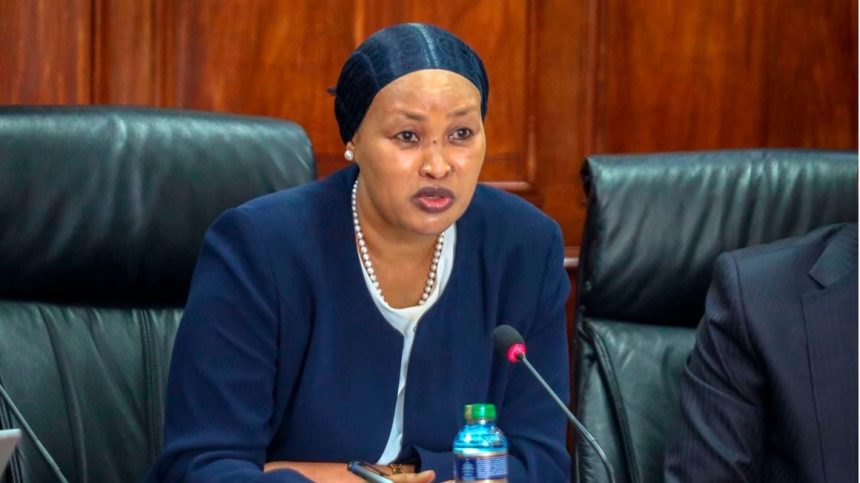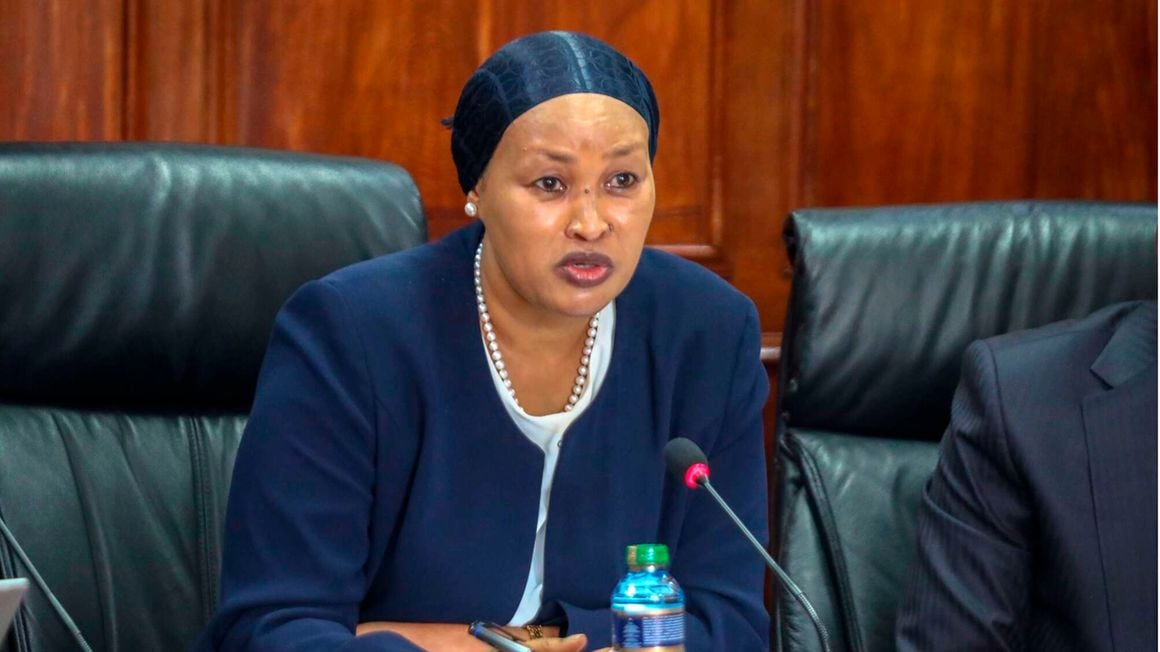The National Land Commission (NLC) has moved to extend its mandate to continue reviewing public land transactions after a section of the law granting it the powers expired.
NLC has started a plan to amend the NLC Act of 2012 section 14, which had given it five years to review all grants or dispositions of public land to establish their propriety or legality.
Since five years have lapsed, the commission has filed in Parliament a Bill that will have it continue to review land disposition matters, even as the President seeks to have it stripped of its powers.
“The principal object of the Bill is to amend National Land Commission (NLC) Act No 5 of 2012 to confer back to the NLC the power to continue reviewing all grants or dispositions of public land to establish their propriety or legality since section 14 of the Act has since lapsed,” read the National Land Commission (Amendment) Bill 2023.
“As it is now, the commission is inhibited from addressing any complaints dealing with public land and providing redress even where there are clear and apparent cases of illegality in the dispositions relating to public land.”
The President in May revealed plans to strip the NLC of its powers to evaluate and value land for compensation, citing land scandals and corruption.
The head of State said the lands ministry will take over its functions for fairness and accountability.
President Ruto said the Ministry of Lands will deal with valuation and compensation to ensure that each Kenyan is paid a fair price for their land.
“The Law abhors a vacuum, meaning if the law was to remain unamended, by now the NLC would be practising powers past the five years it is agreed upon by law and if not we would revert to what was happening before the new land system and regulations,” said Mr Ibrahim Kitoo, corporate legal counsel, secretary and governance practitioner.
The lands ministry also is seeking to regulate all transactions relating to the sale of agricultural land which will go in proposed changes through a lands control committee cutting the lands control boards that were used before.
The Land Control Bill proposes the replacement of the current land control boards with the establishment of a land control committee in every constituency.
“The principal object of this Bill is to repeal and replace the Land Control Act, Cap 302 to align the law governing dealings in agricultural land with the provisions of the Constitution of Kenya 2010, the Environment and Land Court Act 2022, the Land Registration Act 2012 and the Land Act 2012,” the bill read in part.
“The Bill proposes the establishment of the land control committees in each constituency to replace the current Land Control Boards.”
The committee will comprise people from within the locality they serve. It will have a chairperson, a deputy county commissioner, a sub-county administrator, two people aged above 60 years old and two youth.
The lands ministry wants committee members drawn from within the locality they serve, who are conversant with the traditions, customs, and way of life of the community in the area to help with each proposed transaction.




